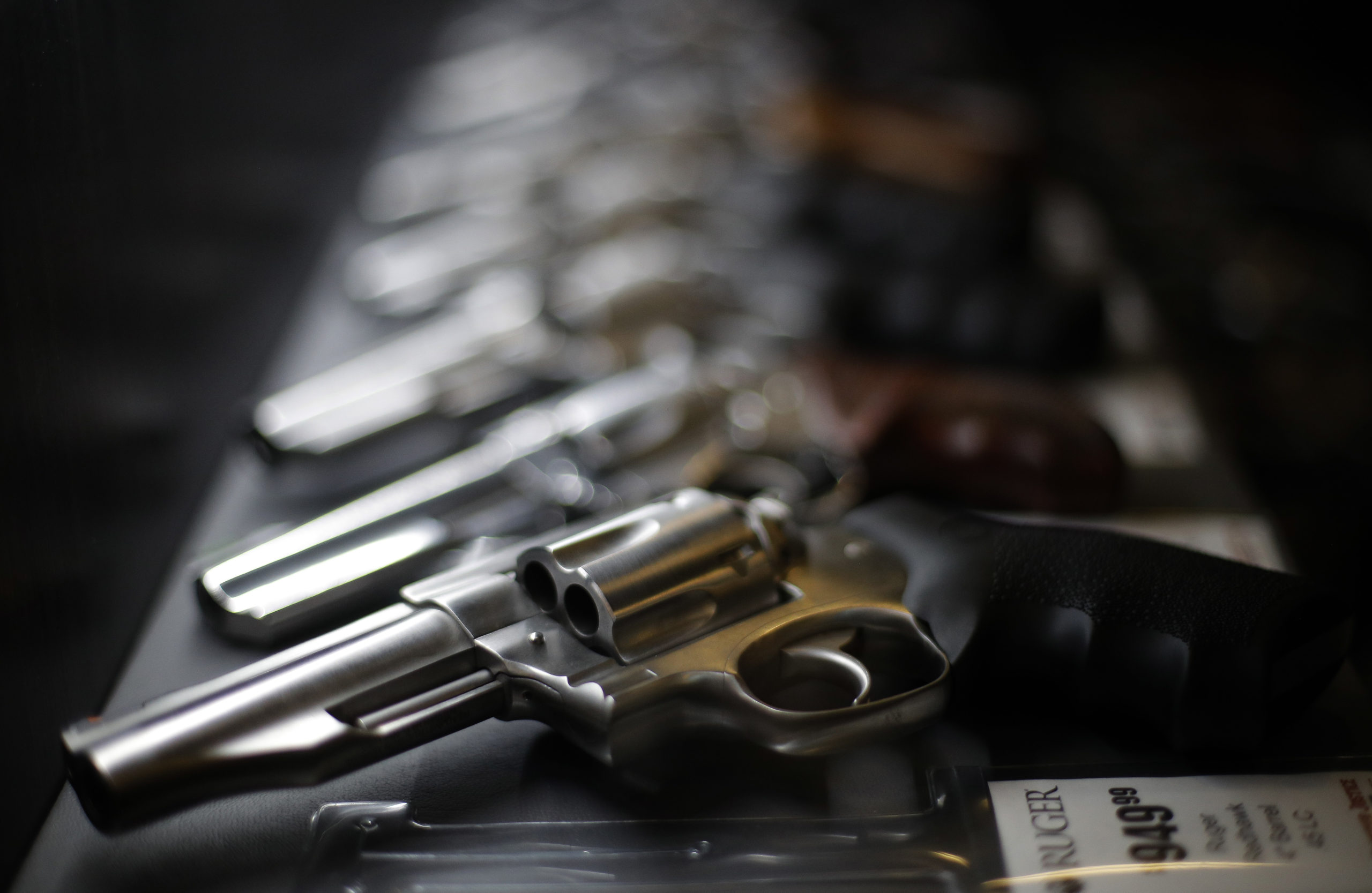What To Know Today
How do Californians feel about using their red flag law? Researchers at UC Davis analyzed state survey data and court records from the first three years after the law went into effect in 2016. They found that majorities of all racial and ethnic groups in the state thought extreme risk protection orders are at least sometimes appropriate for preventing violence by temporarily removing guns from high-risk people. The study also found that clear majorities were willing to personally petition a judge for such an order aimed at a family member. But Black and Hispanic respondents were more skeptical of the law, researchers found, noting that those groups were both less likely to view orders as appropriate and less willing to file a petition themselves. Investigating the skepticism: When asked why they were unwilling to petition, Black respondents cited a lack of knowledge around the laws, as well as a general distrust of the system’s fairness. Perhaps unsurprisingly, researchers found that none of the Black or Hispanic red flag subjects during that period were served with the order because of a family or household member’s petition. The flip side: Black and Hispanic people subject to a red flag order issued by police were more likely than white subjects to be arrested in conjunction with the order, and Black people subject to a red flag order were least likely to have documented access to a gun or legal representation. The study authors recommend “engaging with impacted communities to better understand barriers to petitioning,” as well as offering legal assistance for subjects and petitioners, providing non-law enforcement personnel to serve and enforce the orders, and “investing in supportive systems to address underlying risks for violence.”
Federal judge tosses Texas law restricting guns for people under 21. U.S. District Court Judge Mark Pittman ruled that there was no valid historical precedent for the law restricting people aged 18 to 20 from carrying handguns in public, and that the Texas statute violated the Second Amendment. The judge allowed the law to stay in effect for 30 days for Texas to appeal the case. The case was brought by the Firearms Policy Coalition, which is challenging similar age-based gun restrictions in several other states. Pittman’s opinion showed the ongoing influence of the Supreme Court’s recent decision in Bruen. That case held that people have a right to carry guns in public and established a new test asking courts to interpret whether there is sufficient historical precedent for gun regulations when evaluating their legality, not consider concerns like public safety. We’ve reported that test could imperil many modern gun regulations.
Chicago to honor man who was fatally shot while helping a woman being attacked. Mikey Bankston, 26, was killed last September while responding to a domestic dispute. “I don’t think it’s something we’ll ever feel fully healed from,” his uncle told Block Club Chicago, which spoke to Bankston’s family about the incident and their plan to celebrate his memory with a block party this weekend. “I won’t absorb my energy to even acknowledge him,” Bankston’s mother said of 22-year-old man charged with murder in the shooting. “Everything I can say will always be for my son, about my son.”
A Nebraska man was charged after he was hired to carry out a fake shooting. Omaha Catholic Charities hired the then-27-year-old man to carry out what appeared to be a real mass shooting, using actors smeared with fake blood and firing blanks from a handgun. The charity was apparently testing its workers’ readiness for such an attack and reportedly paid the man $2,500 for the mock shooting without informing employees that such a drill would be staged. The man was charged with five counts of making terroristic threats and one weapons count, while the charity said the man had misled them on his credentials and his plans.
Biden administration will make all federally funded research free to the public. The directive, which will affect all kinds of peer-reviewed research including the growing field of federally backed gun violence research, ends the ability of for-profit academic and science journals to put such material behind a paywall for up to a year after publication.
We’re finalists for two awards! The Institute for Nonprofit News has named us among the finalists in two categories of its Nonprofit News Awards: “Best Investigative Journalism” for Champe Barton’s story on California police neglecting to trace crime guns; and the “Community Champion Award” for former Trace community engagement editor Sabrina Iglesias’s work on Up the Block. The winners will be announced September 21.
Data Point
Three — the number of times that Gun Violence Archive has recorded more than 4,000 American children and teenagers killed or injured by gun violence in one year since it began tracking data in 2013. On Wednesday, it reached that grim milestone again for the third year in a row. [Gun Violence Archive]

